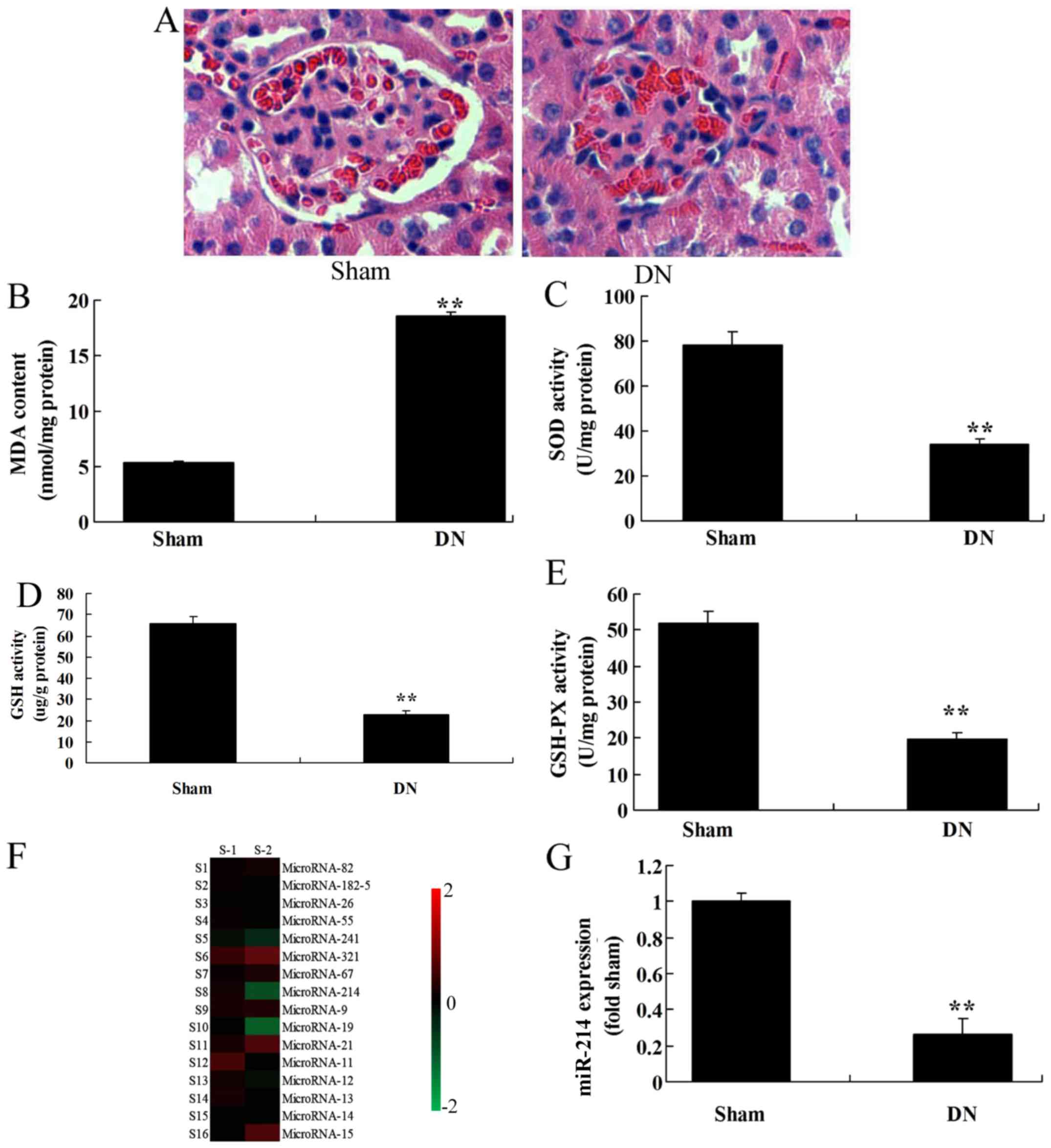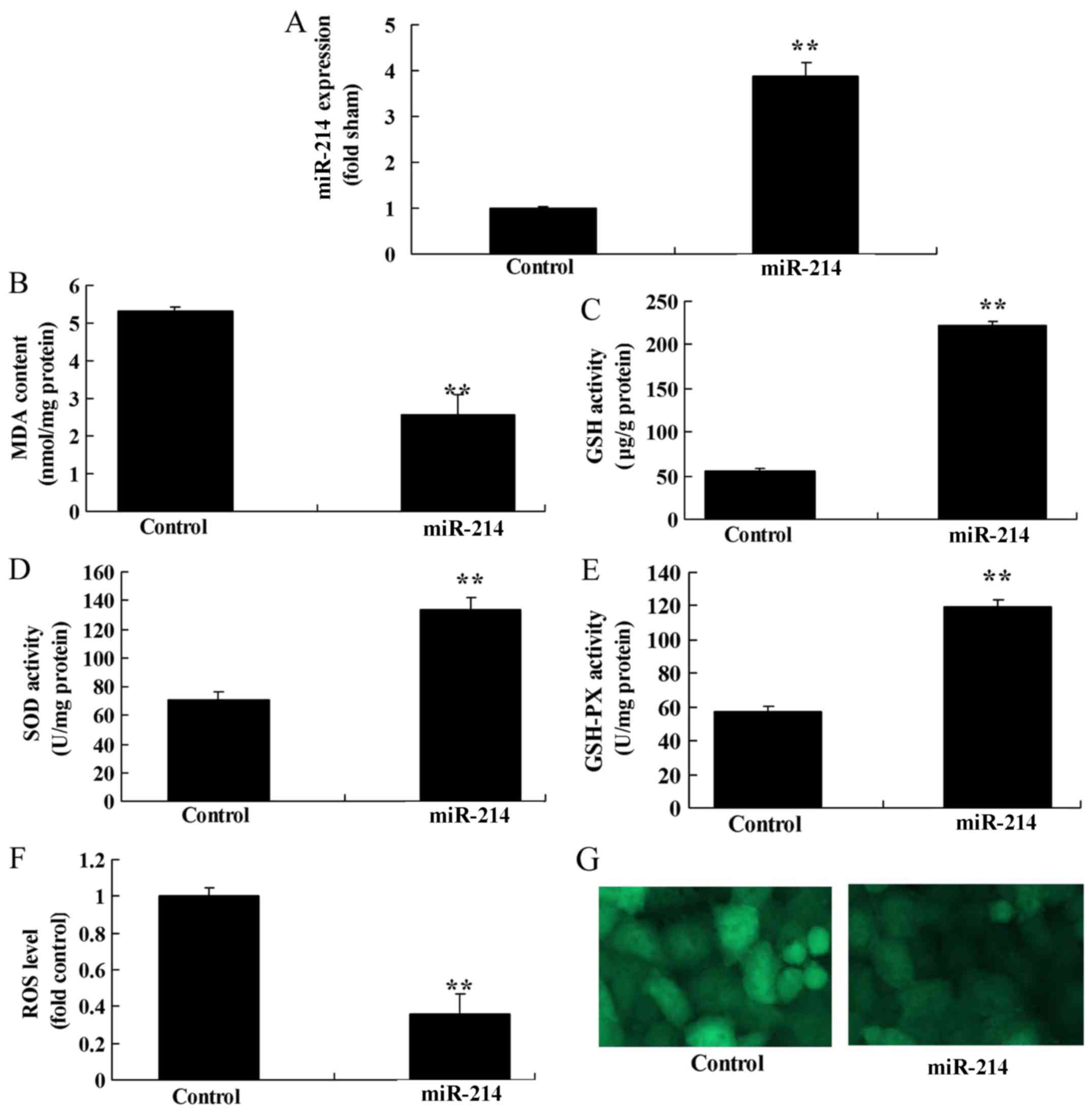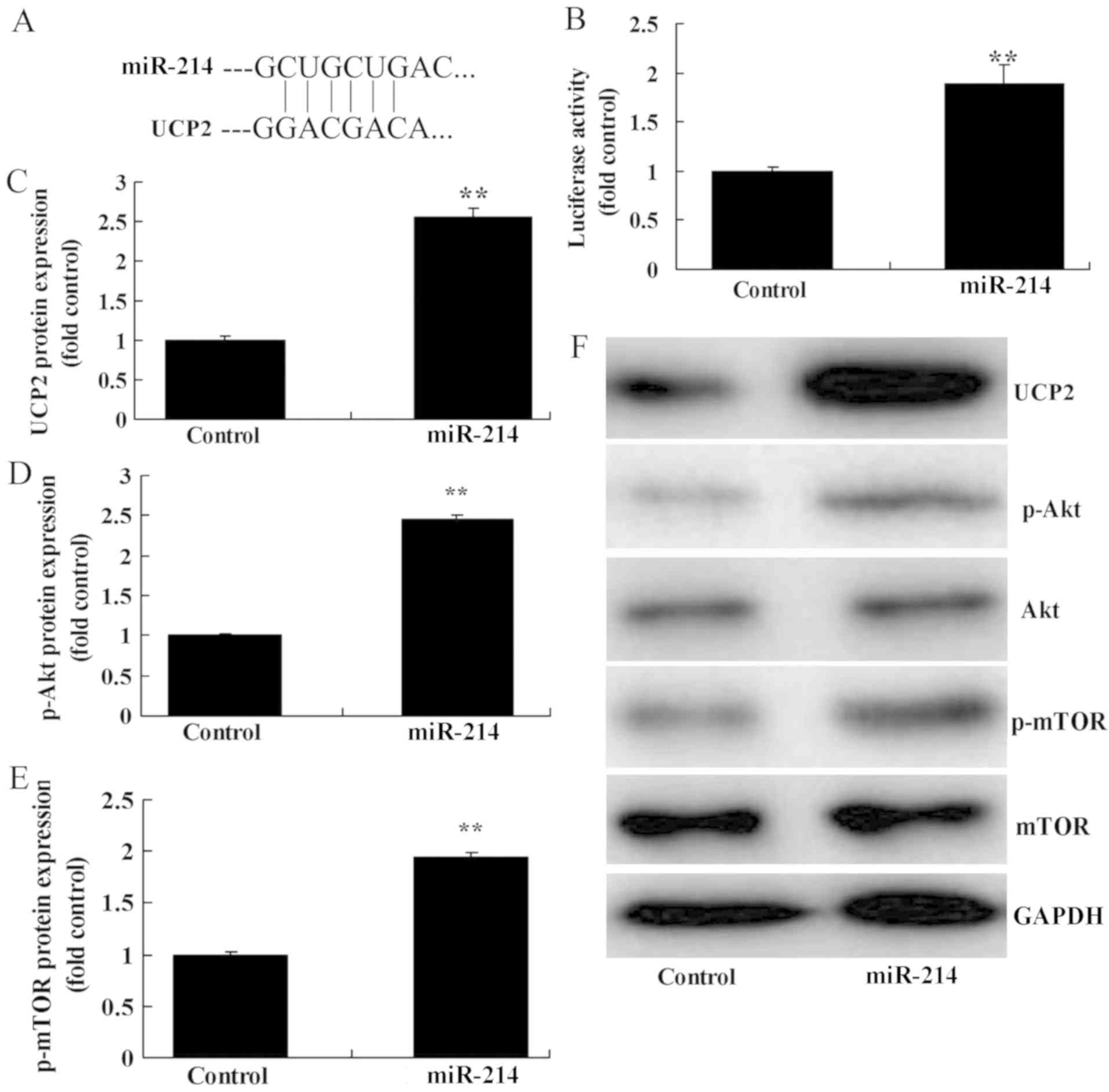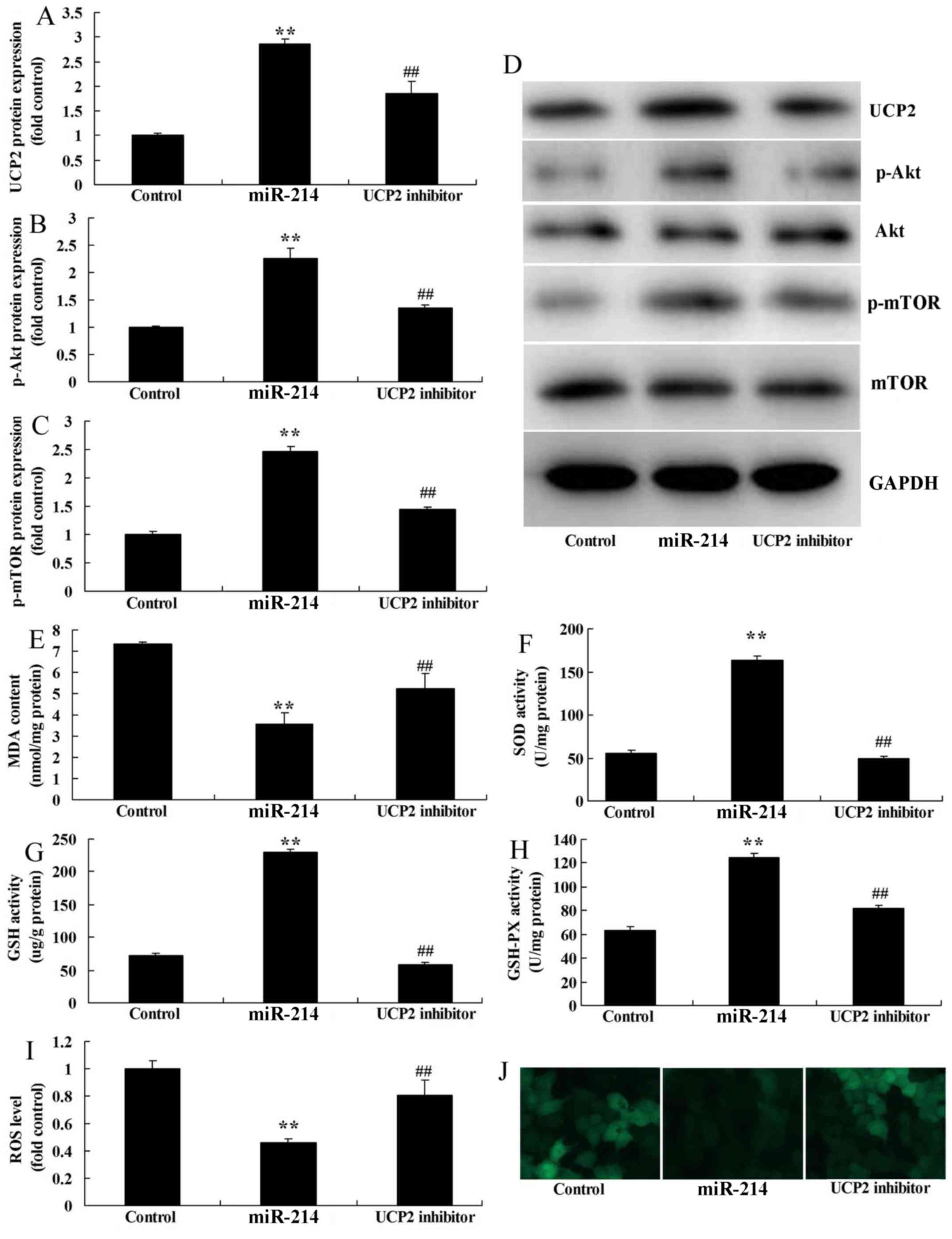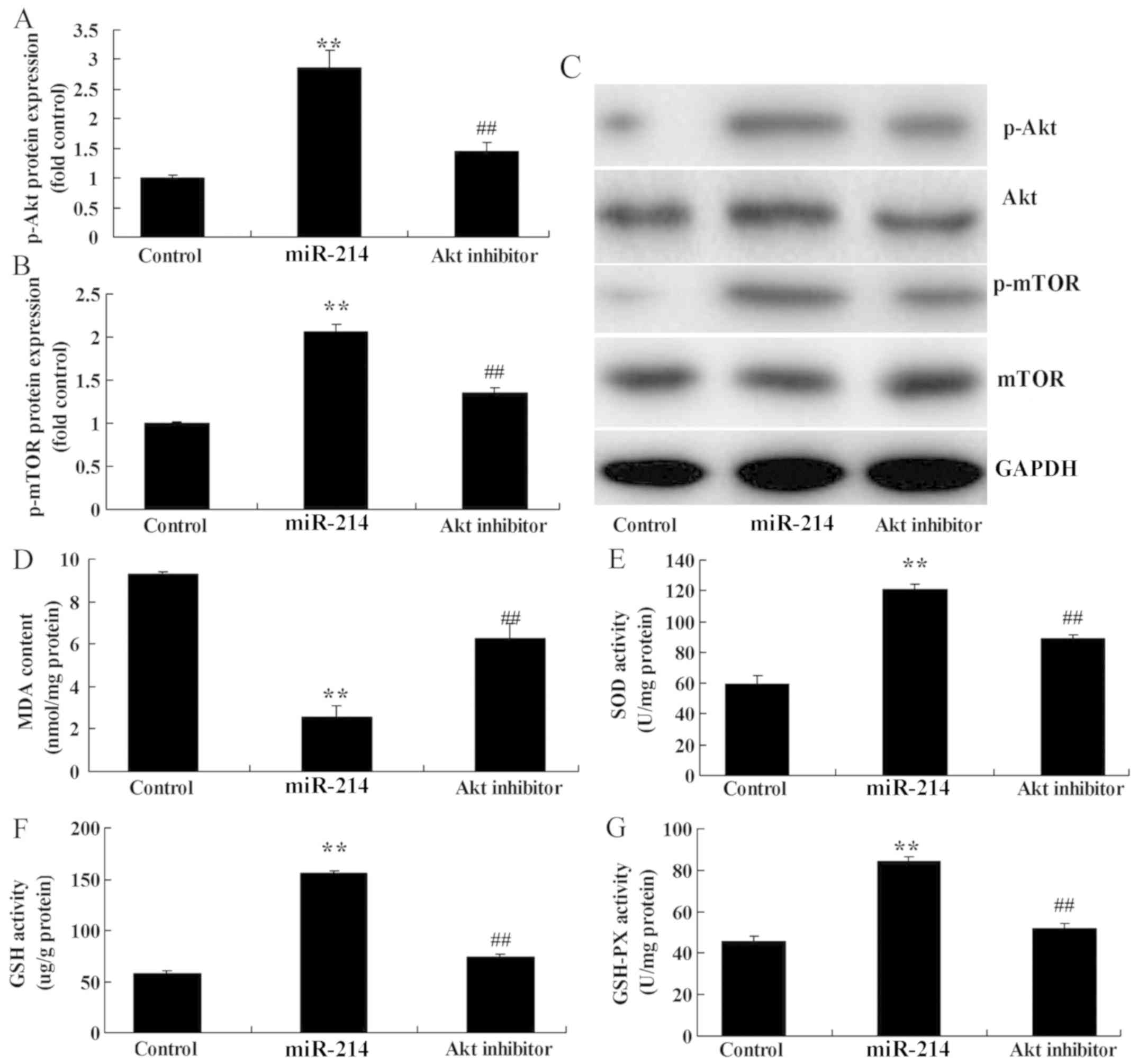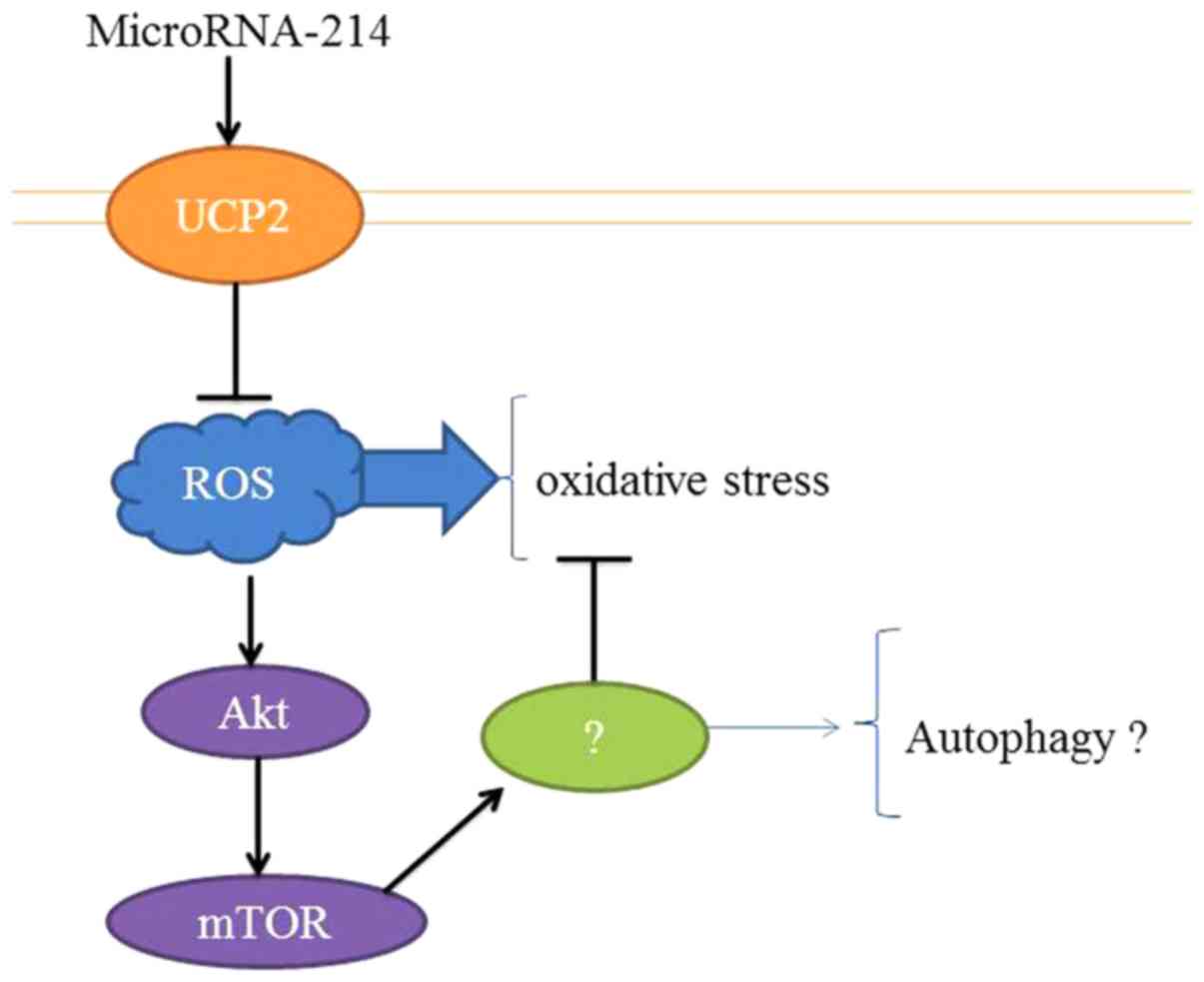|
1
|
Lindhardt M, Persson F, Currie G, Pontillo
C, Beige J, Delles C, von der Leyen H, Mischak H, Navis G, Noutsou
M, et al: Proteomic prediction and Renin angiotensin aldosterone
system Inhibition prevention Of early diabetic nephRopathy in TYpe
2 diabetic patients with normoalbuminuria (PRIORITY): Essential
study design and rationale of a randomised clinical multicentre
trial. BMJ Open. 6:e0103102016. View Article : Google Scholar : PubMed/NCBI
|
|
2
|
Nakamura T, Sato E, Amaha M, Kawagoe Y,
Maeda S and Yamagishi S: Addition of aliskiren to angiotensin II
receptor blockers ameliorates renal tubular injury and reduces
intima media thickness of carotid artery in patients with diabetic
nephropathy. Int J Cardiol. 155:294–296. 2012. View Article : Google Scholar : PubMed/NCBI
|
|
3
|
Koya D, Haneda M, Inomata S, Suzuki Y,
Suzuki D, Makino H, Shikata K, Murakami Y, Tomino Y, Yamada K, et
al: Long-term effect of modification of dietary protein intake on
the progression of diabetic nephropathy: A randomised controlled
trial. Diabetologia. 52:2037–2045. 2009. View Article : Google Scholar : PubMed/NCBI
|
|
4
|
Abe M, Higuchi T, Moriuchi M, Okamura M,
Tei R, Nagura C, Takashima H, Kikuchi F, Tomita H and Okada K:
Efficacy and safety of saxagliptin, a dipeptidyl peptidase-4
inhibitor, in hemodialysis patients with diabetic nephropathy: A
randomized open-label prospective trial. Diabetes Res Clin Pract.
116:244–252. 2016. View Article : Google Scholar : PubMed/NCBI
|
|
5
|
Friederich-Persson M, Aslam S, Nordquist
L, Welch WJ, Wilcox CS and Palm F: Acute knockdown of uncoupling
protein-2 increases uncoupling via the adenine nucleotide
transporter and decreases oxidative stress in diabetic kidneys.
PLoS One. 7:e396352012. View Article : Google Scholar : PubMed/NCBI
|
|
6
|
Qiu W, Zhou Y, Jiang L, Fang L, Chen L, Su
W, Tan R, Zhang CY, Han X and Yang J: Genipin inhibits
mitochondrial uncoupling protein 2 expression and ameliorates
podocyte injury in diabetic mice. PLoS One. 7:e413912012.
View Article : Google Scholar : PubMed/NCBI
|
|
7
|
de Souza BM, Michels M, Sortica DA, Bouças
AP, Rheinheimer J, Buffon MP, Bauer AC, Canani LH and Crispim D:
Polymorphisms of the UCP2 gene are associated with glomerular
filtration rate in type 2 diabetic patients and with decreased UCP2
gene expression in human kidney. PLoS One. 10:e01329382015.
View Article : Google Scholar : PubMed/NCBI
|
|
8
|
Nassirpour R, Raj D, Townsend R and
Argyropoulos C: MicroRNA biomarkers in clinical renal disease: From
diabetic nephropathy renal transplantation and beyond. Food Chem
Toxicol. 98:73–88. 2016. View Article : Google Scholar : PubMed/NCBI
|
|
9
|
Lee SY and Choi ME: Urinary biomarkers for
early diabetic nephropathy: Beyond albuminuria. Pediatr Nephrol.
30:1063–1075. 2015. View Article : Google Scholar : PubMed/NCBI
|
|
10
|
von Brandenstein M, Pandarakalam JJ, Kroon
L, Loeser H, Herden J, Braun G, Wendland K, Dienes HP, Engelmann U
and Fries JW: MicroRNA 15a, inversely correlated to PKCalpha, is a
potential marker to differentiate between benign and malignant
renal tumors in biopsy and urine samples. Am J Pathol.
180:1787–1797. 2012. View Article : Google Scholar : PubMed/NCBI
|
|
11
|
Yamada H, Itoh M, Hiratsuka I and
Hashimoto S: Circulating microRNAs in autoimmune thyroid diseases.
Clin Endocrinol (Oxf). 81:276–281. 2014. View Article : Google Scholar : PubMed/NCBI
|
|
12
|
Livak KJ and Schmittgen TD: Analysis of
relative gene expression data using real-time quantitative PCR and
the 2(-Delta Delta C(T)) method. Methods. 25:402–408. 2001.
View Article : Google Scholar : PubMed/NCBI
|
|
13
|
Araki H, Kuwagata S, Soumura M, Yamahara
K, Morita Y, Kume S, Isshiki K, Araki S, Kashiwagi A, Maegawa H and
Uzu T: Safety and efficacy of skin patches containing loxoprofen
sodium in diabetic patients with overt nephropathy. Clin Exp
Nephrol. 18:487–491. 2014. View Article : Google Scholar : PubMed/NCBI
|
|
14
|
Costantino S, Paneni F, Lüscher TF and
Cosentino F: MicroRNA profiling unveils hyperglycaemic memory in
the diabetic heart. Eur Heart J. 37:572–576. 2016. View Article : Google Scholar : PubMed/NCBI
|
|
15
|
Persson MF, Franzén S, Catrina SB, Dallner
G, Hansell P, Brismar K and Palm F: Coenzyme Q10 prevents
GDP-sensitive mitochondrial uncoupling, glomerular hyperfiltration
and proteinuria in kidneys from db/db mice as a model of type 2
diabetes. Diabetologia. 55:1535–1543. 2012. View Article : Google Scholar : PubMed/NCBI
|
|
16
|
Yu G, Wang J, Xu K and Dong J: Dynamic
regulation of uncoupling protein 2 expression by microRNA-214 in
hepatocellular carcinoma. Biosci Rep. 36:e003352016. View Article : Google Scholar : PubMed/NCBI
|
|
17
|
Wang X, Huang R, Zhang L, Li S, Luo J, Gu
Y, Chen Z, Zheng Q, Chao T, Zheng W, et al: A severe
atherosclerosis mouse model on the resistant NOD background. Dis
Model Mech. 11:dmm0338522018. View Article : Google Scholar : PubMed/NCBI
|
|
18
|
Gao M, Liu Y, Chen Y, Yin C, Chen JJ and
Liu S: miR-214 protects erythroid cells against oxidative stress by
targeting ATF4 and EZH2. Free Radic Biol Med. 92:39–49. 2016.
View Article : Google Scholar : PubMed/NCBI
|
|
19
|
Wang T, Chen SS, Chen R, Yu DM and Yu P:
Reduced beta 2 glycoprotein I improve diabetic nephropathy via
inhibiting TGF-β1-p38 MAPK pathway. Int J Clin Exp Med.
8:6852–6865. 2015.PubMed/NCBI
|
|
20
|
Lu HJ, Tzeng TF, Liou SS, Da Lin S, Wu MC
and Liu IM: Polysaccharides from Liriopes Radix ameliorate
streptozotocin-induced type I diabetic nephropathy via regulating
NF-κB and p38 MAPK signaling pathways. BMC Complement Altern Med.
14:1562014. View Article : Google Scholar : PubMed/NCBI
|
|
21
|
Sun L, Li W, Li W, Xiong L, Li G and Ma R:
Astragaloside IV prevents damage to human mesangial cells through
the inhibition of the NADPH oxidase/ROS/Akt/NF-κB pathway under
high glucose conditions. Int J Mol Med. 34:167–176. 2014.
View Article : Google Scholar : PubMed/NCBI
|
|
22
|
Xu F, Wang Y, Cui W, Yuan H, Sun J, Wu M,
Guo Q, Kong L, Wu H and Miao L: Resveratrol prevention of diabetic
nephropathy is associated with the suppression of renal
inflammation and mesangial cell proliferation: Possible roles of
Akt/NF-κB pathway. Int J Endocrinol. 2014:2893272014. View Article : Google Scholar : PubMed/NCBI
|
|
23
|
Song Z, Guo Y, Zhou M and Zhang X: The
PI3K/p-Akt signaling pathway participates in calcitriol
ameliorating podocyte injury in DN rats. Metabolism. 63:1324–1333.
2014. View Article : Google Scholar : PubMed/NCBI
|
|
24
|
Huang G, Lv J, Li T, Huai G, Li X, Xiang
S, Wang L, Qin Z, Pang J, Zou B and Wang Y: Notoginsenoside R1
ameliorates podocyte injury in rats with diabetic nephropathy by
activating the PI3K/Akt signaling pathway. Int J Mol Med.
38:1179–1189. 2016. View Article : Google Scholar : PubMed/NCBI
|
|
25
|
Ji X, Li C, Ou Y, Li N, Yuan K, Yang G,
Chen X, Yang Z, Liu B, Cheung WW, et al: Andrographolide
ameliorates diabetic nephropathy by attenuating
hyperglycemia-mediated renal oxidative stress and inflammation via
Akt/NF-κB pathway. Mol Cell Endocrinol. 437:268–279. 2016.
View Article : Google Scholar : PubMed/NCBI
|
|
26
|
Das F, Dey N, Bera A, Kasinath BS,
Ghosh-Choudhury N and Choudhury GG: MicroRNA-214 reduces
insulin-like growth factor-1 (IGF-1) receptor expression and
downstream mTORC1 signaling in renal carcinoma cells. J Biol Chem.
291:14662–14676. 2016. View Article : Google Scholar : PubMed/NCBI
|















